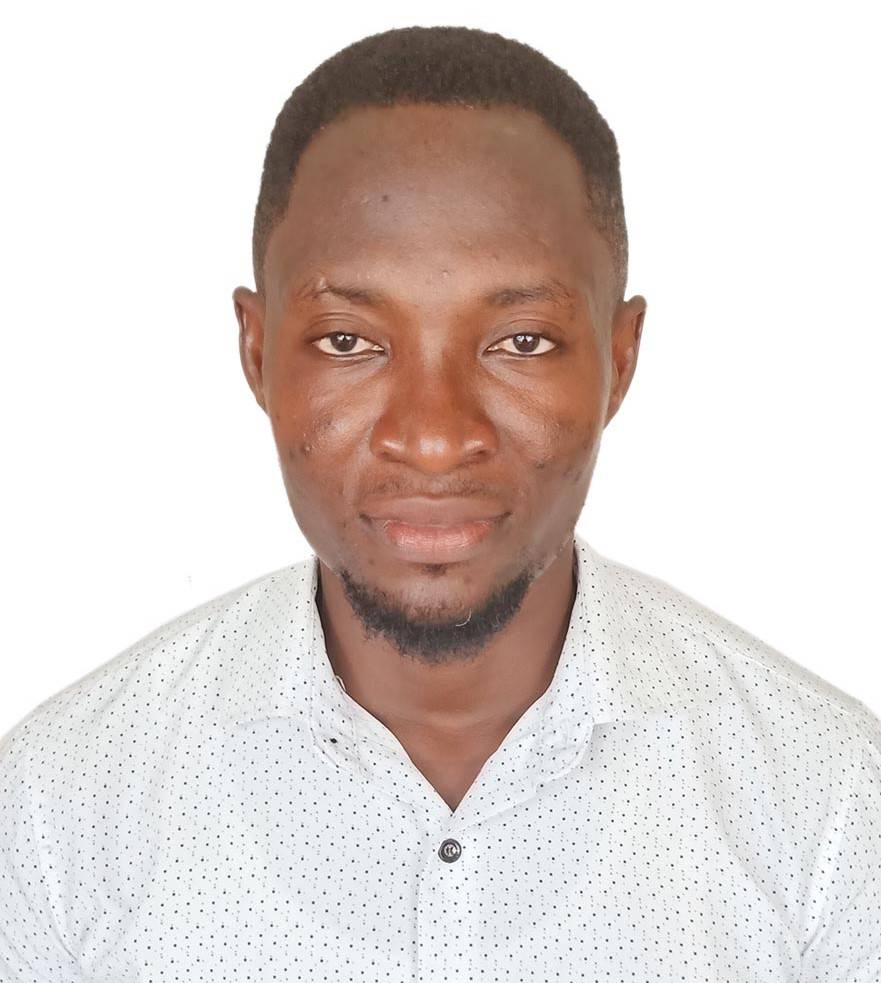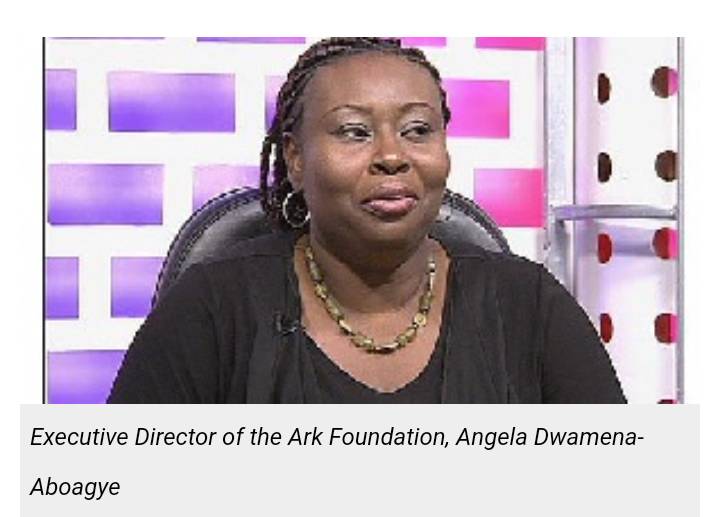Angela Dwamena-Aboagye, the Executive Director of the Ark Foundation, has raised alarm over the prevalence of abuse in relationships in Ghana, revealing that one in three women in committed relationships suffers some form of abuse. Speaking on the matter, she emphasized the urgent need for collective action to tackle this widespread issue, which undermines the well-being and safety of women across the country.
Dwamena-Aboagye’s revelation underscores the deep-seated challenges many women face in their intimate relationships, including physical, emotional, and economic abuse. “The statistics show us that this is not a marginal problem but a significant social crisis. Women are not just victims of abuse; they are survivors who need strong support systems and effective legal frameworks to help them overcome their situations,†she stated.
Abuse Beyond Physical Violence
She highlighted that abuse in relationships goes beyond physical violence, often involving psychological manipulation, economic control, and emotional trauma. These forms of abuse, though less visible, can have long-lasting effects on victims, impacting their mental health, self-esteem, and ability to escape such toxic environments.
The Ark Foundation, which Dwamena-Aboagye leads, has been at the forefront of providing shelter, counseling, and advocacy for survivors of domestic violence and abuse. According to her, the foundation’s work reveals that many victims often feel trapped due to cultural stigmas, economic dependency, and inadequate enforcement of protective laws.
Barriers to Addressing Abuse
Despite laws designed to protect women from abuse, including the Domestic Violence Act, implementation remains a significant hurdle. Victims frequently face obstacles such as societal judgment, lack of awareness about their rights, and insufficient resources to seek help.
“Our legal systems must be strengthened to hold perpetrators accountable, but we also need to address the societal norms that perpetuate this cycle of violence. Families, communities, and institutions must work together to create an environment where abuse is not tolerated,†Dwamena-Aboagye urged.
Recommendations for Change
To combat the issue, Dwamena-Aboagye called for a multi-pronged approach involving education, advocacy, and community support. She emphasized the need for:
- Awareness Campaigns: Educating the public about the signs of abuse and the resources available for victims.
- Economic Empowerment: Providing women with financial resources and skills to reduce dependency on abusive partners.
- Support Systems: Establishing more shelters and counseling centers to aid survivors.
- Stronger Legal Enforcement: Ensuring laws against abuse are effectively implemented, with swift consequences for offenders.
A Call for Unity
As the country continues to grapple with these issues, Dwamena-Aboagye called on Ghanaians to break the silence surrounding relationship abuse. “This is not just a women’s issue; it is a societal problem. Men, women, families, and leaders must all come together to protect the dignity and safety of every individual,†she concluded.
Source: GhanaWeb


